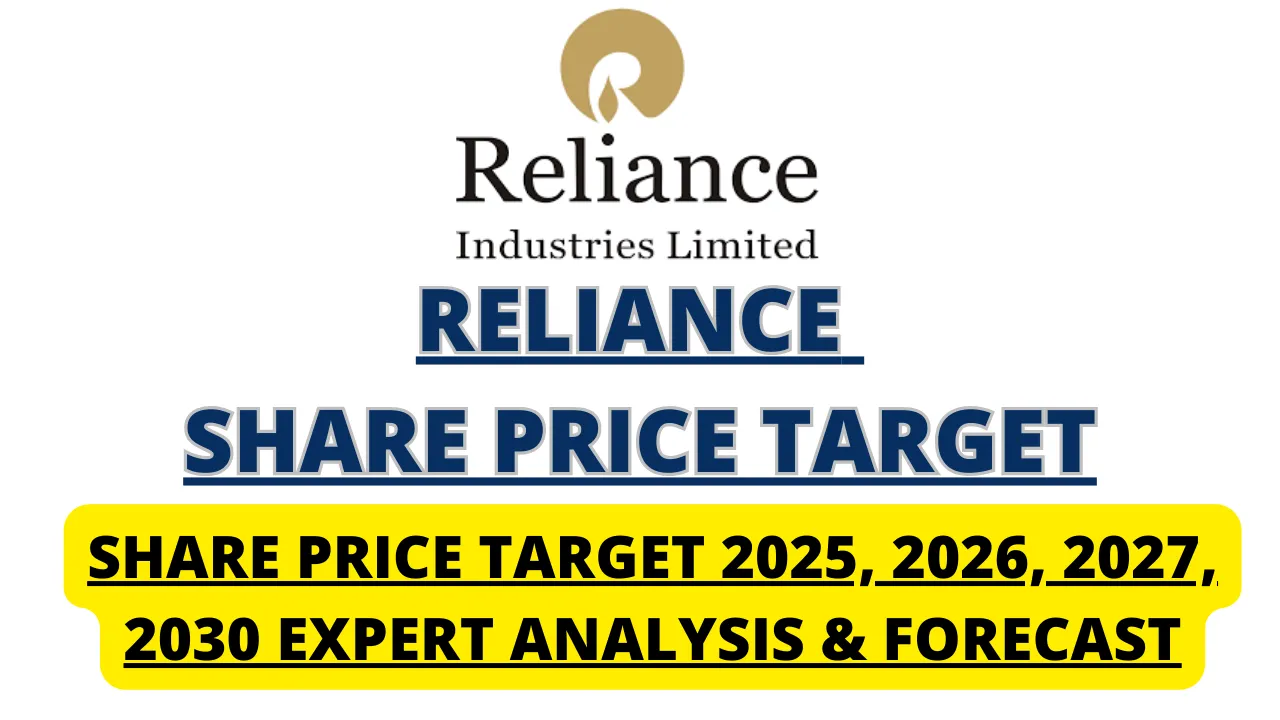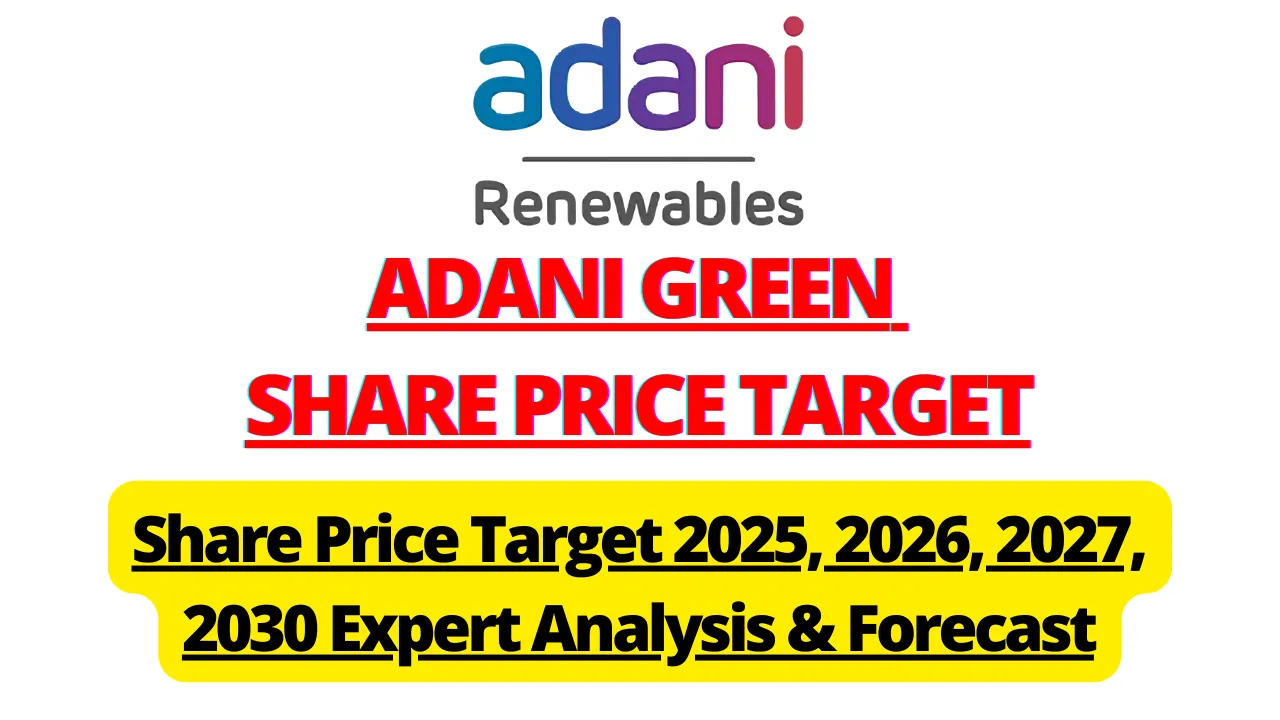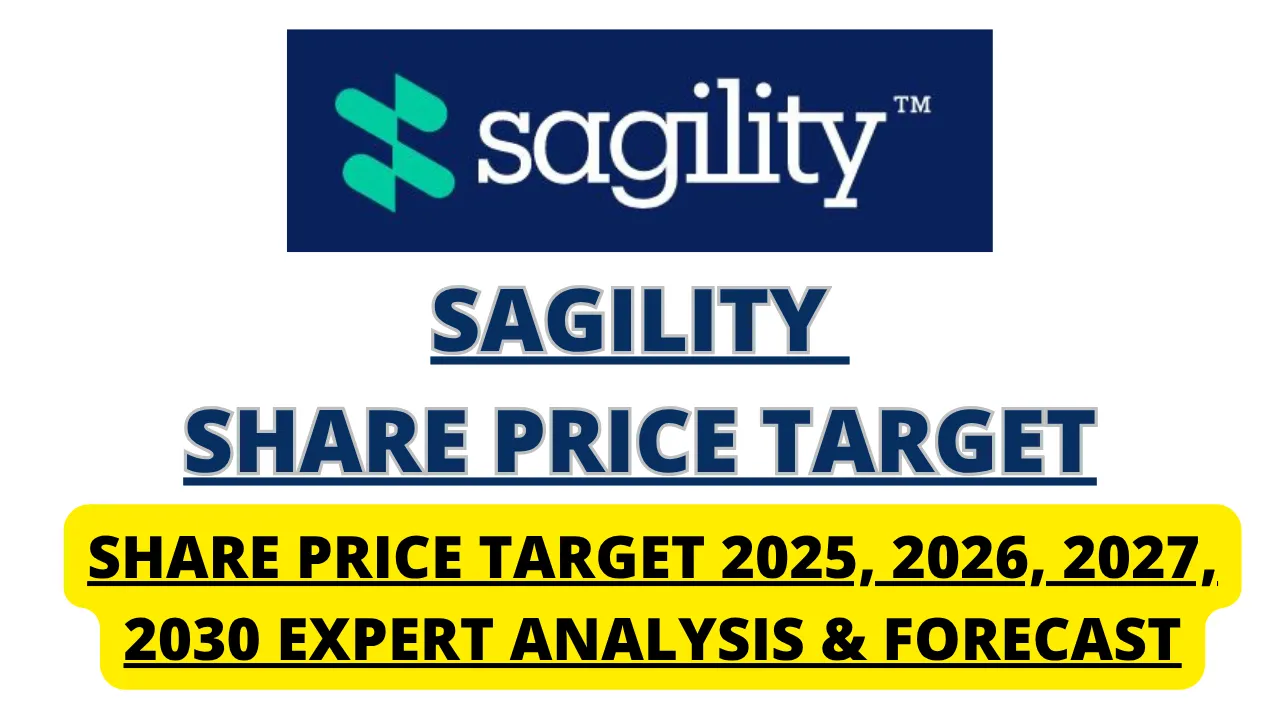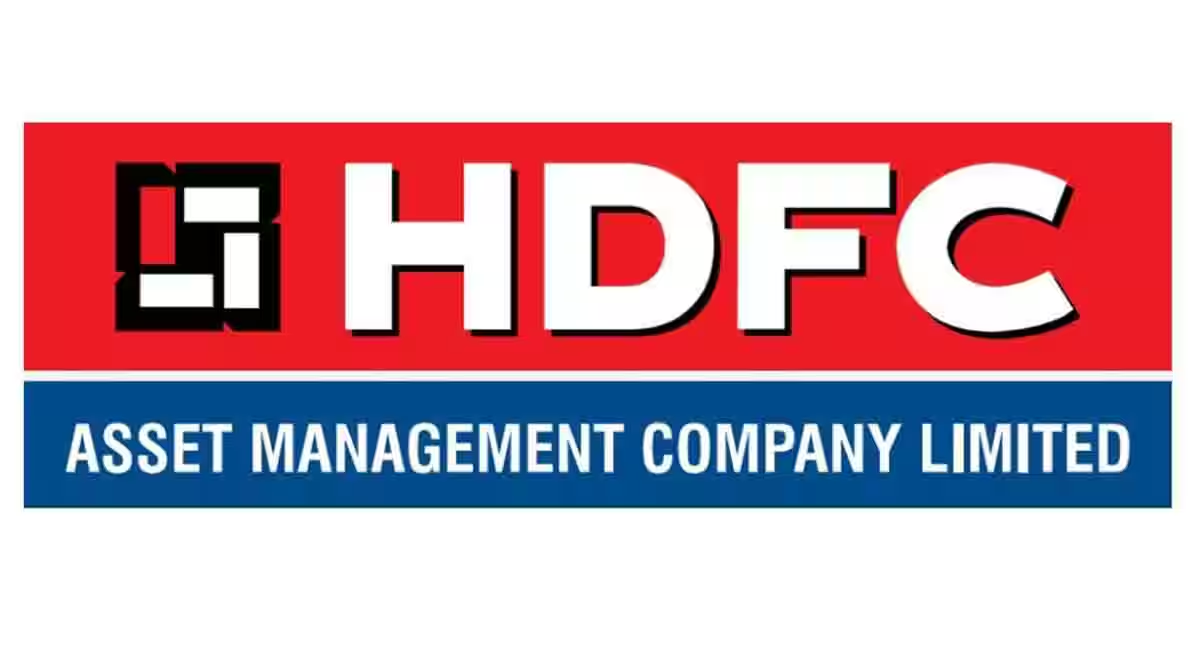Reliance Share Price Target; Reliance Industries Limited (RIL) is India’s largest private sector company, spanning multiple sectors such as energy, petrochemicals, retail, telecommunications, and digital services. Under the leadership of Mukesh Ambani, Reliance has diversified aggressively and emerged as a conglomerate influencing India’s corporate and economic landscape. In this article, we explore Reliance Industries’ share price targets from 2025 to 2030, considering its financial performance, future strategies, and market dynamics.
Reliance Industries Company Overview
Reliance Industries was founded in 1960 by Dhirubhai Ambani and has grown to become one of the most valuable companies in India and Asia. Its businesses are diversified across traditional oil refining and petrochemicals, as well as new-age businesses like telecom (Jio Platforms), retail (Reliance Retail Ventures), and green energy initiatives. The company’s market leadership, innovative strategies, and financial strength make it a preferred choice for both institutional and retail investors.
Reliance Industries Share Price Target 2025 to 2030 – Overview Table
| Year | Minimum Target (₹) | Maximum Target (₹) |
|---|---|---|
| 2025 | 3,000 | 3,200 |
| 2026 | 3,300 | 3,500 |
| 2027 | 3,600 | 3,900 |
| 2028 | 3,950 | 4,300 |
| 2029 | 4,400 | 4,800 |
| 2030 | 4,900 | 5,300 |
Reliance Share Price Target Prediction
Reliance Industries Share Price Target 2025
The share price is expected to be in the range of ₹3,000 to ₹3,200. Continued expansion in Jio Platforms and Retail business, coupled with improving margins in traditional sectors, will drive performance.
Reliance Industries Share Price Target 2026
In 2026, Reliance’s share price could move between ₹3,300 and ₹3,500. Green energy initiatives, expansion of retail outlets, and growing telecom subscribers are likely to fuel revenue growth.
Reliance Industries Share Price Target 2027
By 2027, analysts forecast the share price to be between ₹3,600 and ₹3,900. Reliance’s strong foothold in e-commerce and digital payments via JioMart and Jio Financial Services could significantly contribute.
Reliance Industries Share Price Target 2028
In 2028, the price is expected to range between ₹3,950 and ₹4,300. Strategic partnerships in renewable energy and the scaling of giga-factories will strengthen future earnings.
Reliance Industries Share Price Target 2029
By 2029, the share price may move between ₹4,400 and ₹4,800. Sustained performance across energy transition projects and leadership in 5G and digital services will enhance profitability.
Reliance Industries Share Price Target 2030
In 2030, the share price is projected between ₹4,900 and ₹5,300. The company’s transition into a zero-carbon business and growth in non-oil sectors will be key drivers.
Financial Performance Overview
Reliance Industries has shown strong financial resilience and consistent growth across sectors:
- Revenue (FY24): ₹9,00,000+ crore
- Net Profit (FY24): ₹74,000+ crore
- EBITDA Margin: 16%
- Net Debt-to-Equity: 0.35
- Return on Equity (ROE): 8.5%
Reliance’s revenue diversification and margin expansion, particularly in retail and telecom segments, have contributed significantly to its consolidated profitability.
Fundamental Analysis
Reliance Industries enjoys strong fundamentals:
- Market Capitalization: ₹18 lakh crore+
- Price-to-Earnings (P/E) Ratio: 23x
- Price-to-Book (P/B) Ratio: 2.3x
- Earnings Per Share (EPS): ₹112+
- Dividend Yield: 0.30%
These metrics indicate that Reliance remains reasonably valued considering its diversified growth potential and future investments in emerging sectors.
Reliance Industries Shareholding Pattern
| Category | Shareholding (%) |
|---|---|
| Promoters | 50.43% |
| Foreign Institutional Investors (FII) | 23.51% |
| Domestic Institutional Investors (DII) | 17.19% |
| Public and Retail Investors | 8.87% |
The strong FII and DII interest highlights investor confidence in the company’s long-term prospects.
Future Growth Drivers
Several factors will support the long-term growth of Reliance Industries:
- Expansion of Jio’s 5G services across India
- Leadership in the organized retail market through aggressive expansions
- Investments of over $10 billion in renewable and clean energy projects
- Scaling operations in new-age businesses such as Jio Financial Services and digital commerce
- Strategic joint ventures and acquisitions to enhance capabilities
Risks Associated with Investment
While Reliance is fundamentally strong, investors should monitor:
- Regulatory changes in the telecom and retail sectors
- Volatility in crude oil prices affecting petrochemical margins
- Execution risks in new sectors like renewable energy
- Global economic uncertainties impacting capital expenditure plans
Expert Opinions and Recommendations
Many leading brokerages such as Morgan Stanley, CLSA, and Jefferies have recommended a “Buy” rating on Reliance Industries, with target prices indicating a 15% to 20% upside from current levels. Analysts cite the company’s diversified revenue streams, strong balance sheet, and aggressive push into future growth areas as key positives.
Conclusion: Final Verdict
Reliance Industries stands as a pillar of India’s corporate sector with a multi-decade record of growth, diversification, and innovation. With its continued focus on telecom, retail, and clean energy initiatives, the company is well-positioned to deliver sustainable long-term returns. While macroeconomic risks remain, Reliance’s diversified model provides a strong hedge against sector-specific downturns. Investors seeking a stable and growth-oriented blue-chip stock may find Reliance Industries a suitable long-term investment.























